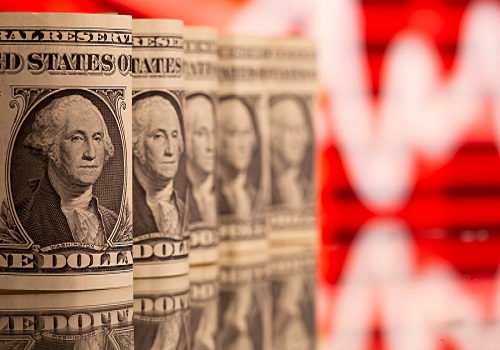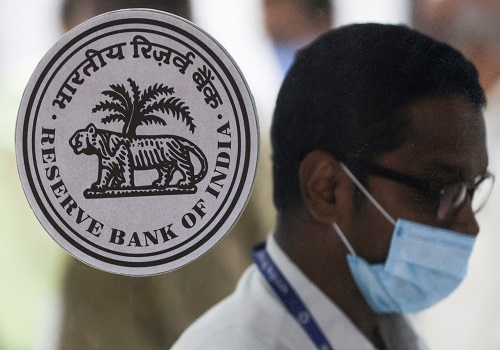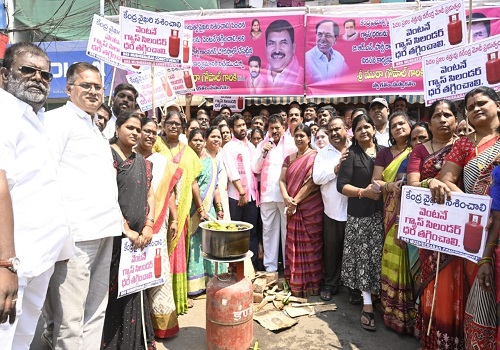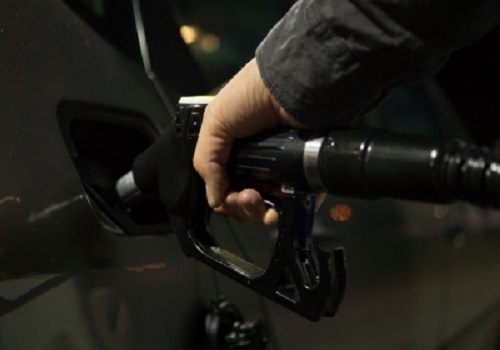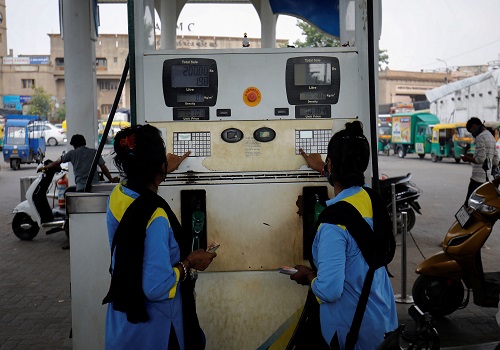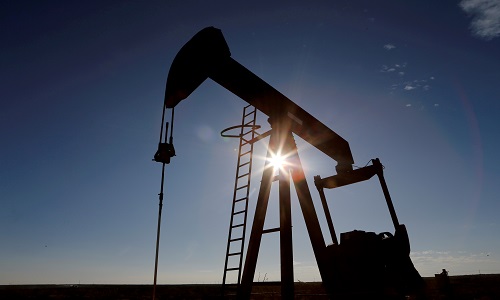Fuel crisis severely impacts Sri Lanka
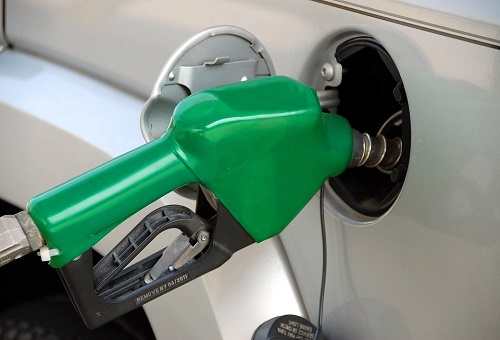
Follow us Now on Telegram ! Get daily 10 - 12 important updates on Business, Finance and Investment. Join our Telegram Channel
The fuel crisis, caused by the shortage of foreign exchange, has severely impacted the Sri Lankan society, worsening the country's economic woes.
Minister of Energy Gamini Lokuge on Sunday told journalists that at least seven months will be needed to end the current fuel and gas queues in the country, reports Xinhua news agency.
Long queues of vehicles lining up outside fuel stations is a common sight around the country. While Sri Lanka has managed to procure adequate supplies of petrol, used by most private motor cars, the country still suffers from diesel shortages.
Diesel is used by buses, trains, power plants and many industries, and due to the shortages in diesel many industries are operating at a suboptimal level.
In the first week of March, between 80 per cent to 90 per cent of private buses were not operating due to inadequate diesel.
Meanwhile, Sri Lanka has a number of diesel-run power plants that the country depends on to provide an uninterrupted supply of power during the dry season, between January and May.
The Ceylon Electricity Board has been forced to shut down 350 megawatts of diesel power plants from late February due to lack of fuel supply, which has brought about frequent power cuts in the past few weeks.
Sri Lankan medical unions had been urging the government to exempt hospitals from the island-wide power cuts.
The fuel shortages have also affected the country's agriculture with farmers unable to operate machinery or transport their produce to the market.
Data shows that, from 2010 to 2020, Sri Lanka's average import expenditure on fuel was $3.725 billion per year.
By the beginning of December 2021, Sri Lanka's forex reserves were sufficient for just a month of imports and the Ministry of Finance, faced with a severe dollar shortage, was not willing to release significant amounts of foreign exchange to purchase fuel.












 320-x-100_uti_gold.jpg" alt="Advertisement">
320-x-100_uti_gold.jpg" alt="Advertisement">

